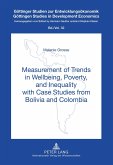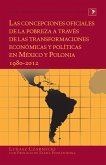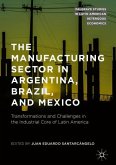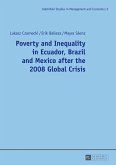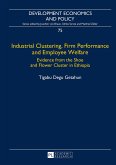This monograph surveys recent developments in the political economy literature addressing the incentive problems of political decision making, and helps to understand the causes of corruption and bureaucratic inefficiency in countries that lack a constitutional order. Using a principal-agent theoretical framework, the author shows how corruption and patronage may reduce political instability, thus enabling governments in weak states to provide public goods which would otherwise be missing, even though such an institutional arrangement is usually self-defeating in the long run. The theoretical results are used to offer a stylized interpretation of the political history of the Mexican state.
Bitte wählen Sie Ihr Anliegen aus.
Rechnungen
Retourenschein anfordern
Bestellstatus
Storno


